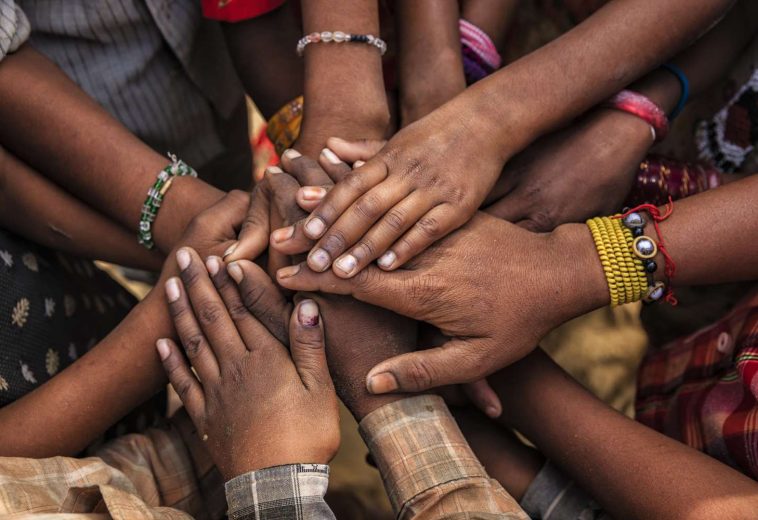In the decades following independence, African nations have struggled with the vestiges of colonial rule in many aspects of society. Among the most profound and persistent of these legacies is the colonial education system. The call to decolonize African education is to reshape curricula, pedagogy, and institutions to better reflect and serve the diverse cultural, historical, and socio-economic realities of the continent.
Decolonizing education involves more than revising curricula; it is about fundamentally rethinking the purpose and practice of education. It calls for an educational paradigm that is rooted in African contexts, values, and aspirations. This entails a shift from models of education that prioritize Western knowledge and methods, to approaches that celebrate and incorporate indigenous knowledge systems, languages, and practices.
Colonial education systems in Africa were designed to serve the interests of the colonial powers, often marginalizing local knowledge and languages. These systems emphasized rote learning, a rigid curriculum, and an alienation from the socio-cultural context of African students. The remnants of this system persist in many African countries, contributing to a disconnect between education and the real-world needs of African societies.
Reimagining Curricula
According to reports from experts, a decolonized curriculum would prioritize African history, literature, and sciences, offering students a balanced perspective that includes indigenous knowledge systems. For instance, African history should be taught from pre-colonial times through to contemporary developments, highlighting the continent’s rich heritage and achievements. Literature courses should feature African authors alongside global writers, and science education should include traditional African medicinal practices and ecological knowledge.
Professor Toyin Falola, a Professor of History at the University of Texas also revealed this during the 54th convocation lecture “One of the most important forces for driving societal transformation is the decolonisation of African higher education. From the case studies and paradigms presented, a cursory glance has been given to the prospect of this achievement, and the potentials that lie therein are immense and pivotal to our collective development. The proliferation of Afrocentric concepts and research methodologies in the amendment of the educational concept of Africa, infusion of cultural imperatives into educational settings, and African pedagogy are all vital in informing the decolonisation of African higher education”
Data from the African Union’s Continental Education Strategy for Africa (CESA) indicates that countries investing in continuous professional development for teachers, with a focus on decolonizing methodologies, have seen better student outcomes. For example, in Rwanda, teacher training programs that emphasize local context and culture have led to a 15% increase in student performance in national exams.
Language and Technology
Language is a crucial element of decolonizing education. Many African students are taught in colonial languages such as English, French, or Portuguese, which can be a barrier to effective learning.
A study by the World Bank found that students taught in their mother tongue in the early grades outperform their peers in reading and mathematics. For instance, in Ethiopia, regions that implemented mother-tongue education saw a 30% improvement in reading comprehension among early-grade students.
Embracing indigenous languages as mediums of instruction can enhance comprehension and engagement. Countries like Tanzania, which uses Swahili as the language of instruction in primary schools, illustrate the potential benefits of this approach.
Decolonizing education also involves rethinking teaching methodologies. Traditional African pedagogies, which emphasize communal learning, oral traditions, and experiential knowledge, can be integrated into modern educational practices. This would foster a more inclusive and interactive learning environment, encouraging critical thinking and creativity.
READ ALSO: Is AfDB impacting education in Nigeria, Malawi?
It requires institutional change at all levels. Universities and schools must be reformed to support this new vision of education. This includes diversifying faculty, decolonizing research agendas, and fostering partnerships with local communities. Institutions should also provide spaces for dialogue and critical reflection on colonial legacies and their ongoing impact.
Technology can play a significant role in decolonizing education by providing access to diverse resources and facilitating innovative teaching methods. Online platforms can host content that reflects African perspectives and knowledge, while digital tools can support interactive and personalized learning experiences. However, it is essential to ensure that technological solutions are accessible and relevant to all students, including those in rural areas.
Policymakers must prioritize funding and policy reforms that support decolonization efforts. Educators need professional development opportunities to adapt to new curricula and teaching methods. Communities should be actively involved in shaping educational reforms to ensure they are culturally and contextually relevant.


